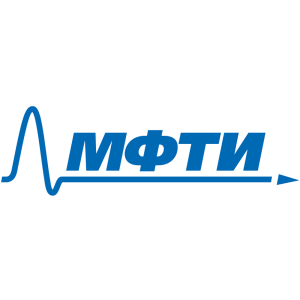
Controlling I-V Hysteresis in Al/Pt Bilayer Symmetric SQUIDs at millikelvin Temperatures
We study operation of a superconducting quantum interference devices (SQUIDs) based on a new bilayer material. They can be used for the ultra-sensitive detection of magnetic momentum at temperatures down to milliKelvin range. Typically, thermal origin hysteresis of the symmetric SQUID current-voltage curves limits operating temperatures to T>0.6Tc. We used a new bilayer material for SQUID fabrication, namely proximity-coupled superconductor/normal-metal (S/N) bilayers (aluminum 25 nm / platinum 5 nm). Because of the 5 nm Pt-layer, Al/Pt devices show nonhysteretic behavior in a broad temperature range from 20 mK to 0.8 K. Furthermore, the Al/Pt bilayer devices demonstrate an order of magnitude lower critical current compared to the Al devices, which decreases the screening parameter (βL) and improves the modulation depth of the critical current by magnetic flux. Operation at lower temperatures reduces thermal noise and increases the SQUID magnetic field resolution. Moreover, we expect strong decrease of two-level fluctuators on the surface of aluminum due to Pt-layer oxidation protection and hence significant reduction of the 1/f noise. Optimized geometry of Al/Pt symmetric SQUIDs is promising for the detection of single-electron spin flip.
Top-30
Journals
|
1
2
|
|
|
Advanced Physics Research
2 publications, 28.57%
|
|
|
Nanomaterials
1 publication, 14.29%
|
|
|
JETP Letters
1 publication, 14.29%
|
|
|
Письма в Журнал экспериментальной и теоретической физики
1 publication, 14.29%
|
|
|
Advanced Engineering Materials
1 publication, 14.29%
|
|
|
Advanced Quantum Technologies
1 publication, 14.29%
|
|
|
1
2
|
Publishers
|
1
2
3
4
|
|
|
Wiley
4 publications, 57.14%
|
|
|
MDPI
1 publication, 14.29%
|
|
|
Pleiades Publishing
1 publication, 14.29%
|
|
|
The Russian Academy of Sciences
1 publication, 14.29%
|
|
|
1
2
3
4
|
- We do not take into account publications without a DOI.
- Statistics recalculated weekly.












